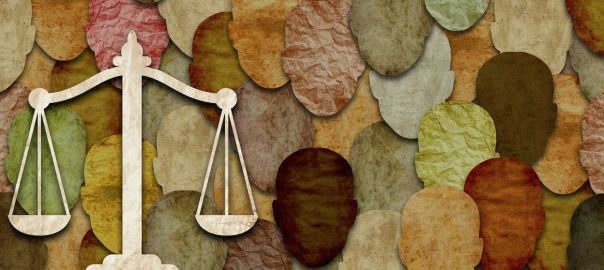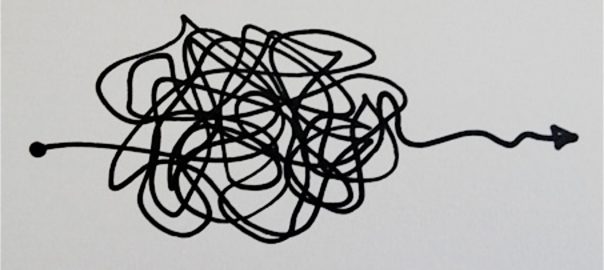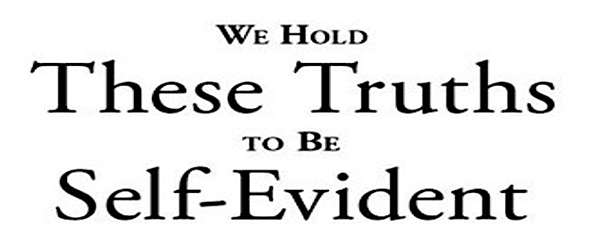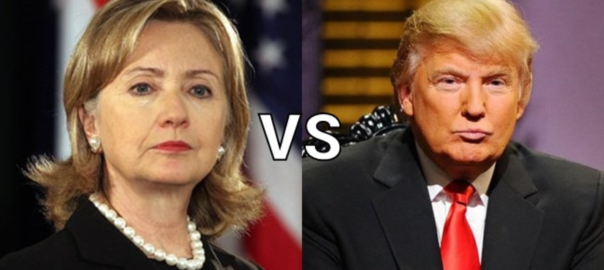
“You are intolerant!” “Your words are triggering and encourage violence.” “You are killing people with your beliefs!” These are just a few of the phrases used by social media “influencers” to shut down free speech and reasonable debate. The same groups excoriate anyone defending the unborn and the aged, and they scream, “keep your laws off my body” as they desire abortion-on-demand, “gender-affirming care’ for children, and access to locker rooms and prisons for people for the opposite biological sex.
In other settings, we have Islamic radicals calling on democracies to punish any criticisms of their religion, and banning visual art concerning Mohammed. There are many locales in Western Europe and a few new ones in the USA where non-Muslims are unwelcome and subject to harassment.
There are also some fringe alt-right groups that peddle racism, theocracy, and xenophobia. A decade ago, a person said to me at a conference, “America went downhill once Ellis Island let in all those Eastern Europeans.” As I tried to recover from the shock, he doubled down and complained about every significant minority group of the last 200 years. I directly, firmly, and kindly said that this was racist and evil, and the opposite of America’s founding principles. I am still shaken by such blatant group hatreds.
What lies beneath all of these narratives is a historical inversion of the meaning of toleration. For context, let’s consider the historical trajectory of toleration, especially, but not exclusively in the West:
- By 1700, after centuries of religious and political warfare, some states begin tolerating peaceful, non-conforming groups while still supporting a state religion.
- By the 1800s, with the influence of the founders and framers of the USA, and some of the aspirations of other European thinkers, freedom of conscience and religion is seen as the first freedom and essential for human flourishing.
- By the mid-1900s, most Western nations have removed all barriers to peaceful religious exercise and people of all faiths or none shared equal citizenship rights.
- By 2000, even groups previously marginalized for their racial and sexual identities are now equals de jure (under the law), even while still pursuing de facto access and opportunities in society.
This is progress! Living peaceably with radically different worldviews, political opinions, and moral visions is what true liberty is all about.
Today, we see that extremist voices demand that toleration be redefined as celebration and anything less than agreement with their narratives and visions are reasons for cancellation, derision, and, in some cases, legal actions and physical violence.
We need to define toleration as the maturity to respect and cooperate with people that see the world very differently than we do.
If we get toleration right, public ethics can be approached thoughtfully as we decide the answers to these three questions:
- What actions and values will we prohibit because they are inherently wrong and/or proven to be deleterious to a safe and sane world? Heretofore, most civilized lands have protected children from a variety of influences (alcohol, tobacco, drugs, exposure to pornography, and much more), that adults can peaceably pursue. We have also declared several actions verboten, rooted in the ethos of almost every civilization: murder, theft, physical violence, etc. The questions before us today are vital: will we protect children from work and sex slavery? Will we continue to demand that some things are only for adults? Can people of conscience together declare that some things are off-limits?
- What actions and values will we permit in a very diverse society? We already agree that freedom of conscience/religion is the first freedom. Will we continue to protect free speech even when debate opponents are uncomfortable? Will we fearlessly seek the truth of matters or be censured by disinformation panels? Can we live with differences and not coerce celebration? I want everyone to share my Christian faith – voluntarily! And I will defend the right of my neighbors to build peaceably their religious communities, arrange their lives differently, and seek my conversion to their thinking.
- Finally, what are we supposed to promote as a free and virtuous society? Will we support biological, blended, adoptive, and foster care families as the preeminent educators of children? Will we call on parents to take responsibility for their children and stay engaged financially and personally if possible? Will we foster personal agency and social responsibility, entrepreneurial creativity and the common good? Will we promote true toleration, aiming for hearts of love and respect for all people, while also protecting ourselves from genuine evil?
Friends, becoming thoughtful about these matters is not a luxury for a few. It is a moral necessity for future generations.



